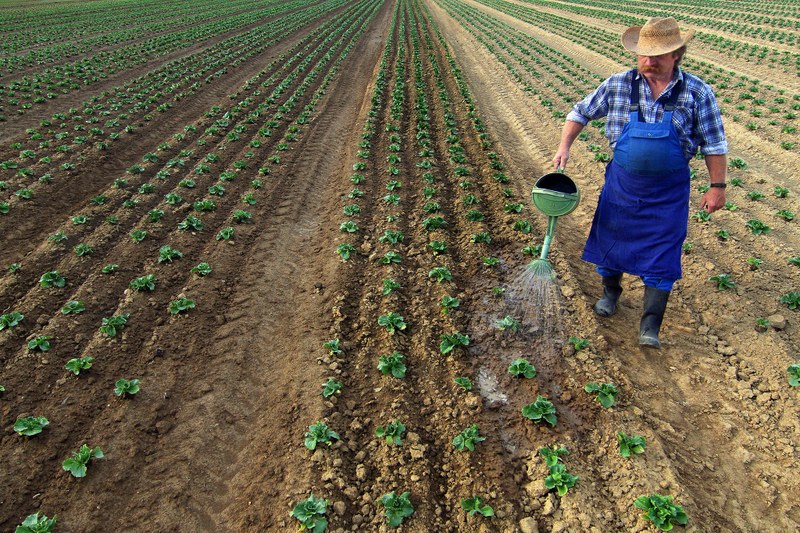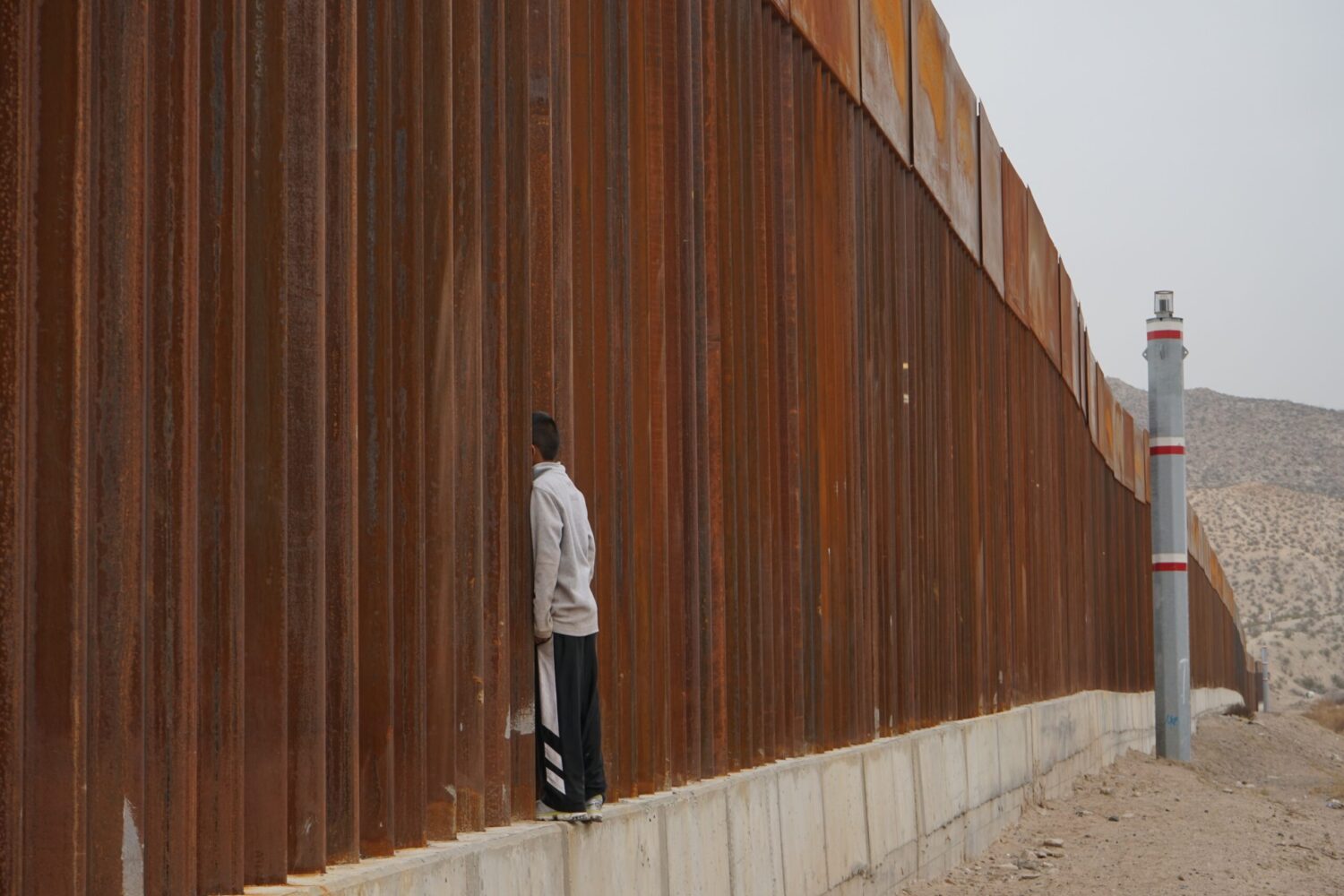“This must be the first step in providing respite from the fighting and paving the way for a permanent ceasefire,” he told journalists in New York.
Dialogue and transition
The AU meeting brought together the UN, the League of Arab States, the East African bloc IGAD, the European Union, and countries committed to bringing an end to the hostilities in Sudan, where rival military factions have been battling for power for nearly a week.
Hundreds have been killed in the interim, including children. Humanitarians have been hampered from carrying out lifesaving operations, due to attacks and looting.
Mr. Guterres said the cessation of hostilities must be followed by serious dialogue, allowing for the successful transition, starting with the appointment of a civilian government.
Concern for UN staff
He condemned the targeting of humanitarian workers and assets, and reminded the parties of their international obligations, including to ensure the safety and security of aid workers.
“I’m also extremely worried about the situation of United Nations personnel, many of whom are trapped in their homes in areas of active conflict. We are doing everything in our power to be able to support them,” he continued.
Clashes between the Sudanese armed forces and the paramilitary group, the Rapid Support Forces (RSF) – who are at odds over the return to civilian rule – erupted on Saturday. Most of the fighting has been in the capital, where residents have been trapped in their homes for days.
Secretary General António Guterres briefs the media on the situation in Sudan.
Concern over healthcare
Thousands have fled the city, though evacuation has become increasingly difficult. Humanitarians warn that people are running out of food, fuel and other vital supplies, and many urgently need medical care.
“The situation in Sudan is increasingly concerning and heart breaking. Over 330 people have died so far, and nearly 3,200 are injured,” the Director-General of the World Health Organization (WHO), Tedros Adhanom Ghebreyesus, wrote in a statement posted on his official Twitter account.
Tedros condemned all loss of life, especially attacks on civilians and healthcare. He expressed deep concern over reports of forces occupying health facilities, underlining that attacks on healthcare are a flagrant violation of international law.
Services in chaos
“The lack of safe access, of electricity, food, water, personnel and the diminishing medical supplies are making it nearly impossible for many health facilities to function at the exact time when there are thousands injured in need of urgent care,” he said.
Tedros urged the sides to respect the truce so that people can seek refuge or healthcare, or access food, water and medicine.
The head of the UN Children’s Fund (UNICEF) also called on the parties to respect their international obligations to protect boys and girls from harm and to ensure humanitarians can quickly reach children in need.
Childhood under fire
“Five days of intense hostilities in Sudan, and four failed ceasefires, have already taken a devastating toll on the country’s children,” UNICEF Director Catherine Russell said in a statement. “If the violence does not stop, this toll will only increase.”
She said at least nine children have reportedly been killed, and more than 50 reportedly injured as hostilities continues in Khartoum, the Darfur states and North Kordofan, though insecurity makes it difficult to collect and verify information.
“We have received reports of children sheltering in schools and care centres while fighting rages around them, of children’s hospitals forced to evacuate as shelling moves closer, and hospitals, health centres and other critical infrastructure damaged or destroyed, limiting access to essential and lifesaving care and medicine,” she added.
Critical care disrupted
Humanitarian needs in Sudan were already at record levels at the start of the year, according to UN relief agency, OCHA, with nearly one third of the population, almost 16 million people, requiring assistance.
Ms. Russell said the crisis has disrupted critical-life saving care for an estimated 50,000 children suffering from acute malnutrition, who need ongoing round-the-clock care.
“The fighting also puts at risk the cold chain in Sudan, including over $40 million worth of vaccines and insulin, due to the breaks in the power supply and the inability to restock generators with fuel,” she added.
Hunger could rise
Meanwhile, the World Food Programme (WFP) warned that the violence could push millions more into hunger.
WFP had planned to support some 7.6 million people in Sudan this year but was forced to temporarily halt operations as the fighting is preventing teams from carrying out activities such as delivering critical emergency food, providing school meals, and preventing and treating malnutrition.
The UN agency has also suffered immense losses as three staff members were killed in crossfire on Saturday, and two sustained severe injuries. WFP added that its staff, offices, vehicles, equipment and food stocks have also come in the direct line of fire.
The UN Humanitarian Air Service (UNHAS), which WFP manages on behalf of the international community, is now completely grounded. One aircraft in Khartoum has been damaged beyond repair, and at least 10 vehicles and six food trucks have been stolen.
Additionally, WFP guesthouses, offices and warehouses in Nyala, South Darfur, have been overrun and looted, resulting in the loss of up to 4,000 metric tonnes of food.
With Sudan’s health system reportedly at near collapse, the UN reproductive health agency, UNFPA, is concerned about pregnant women who require ongoing care and access to hospitals where they can safely give birth.
UNFPA Regional Director Laila Bakur, who spoke to UN News on Wednesday, estimated that there are approximately 219,000 mothers-to-be in Khartoum alone.
“We find that there is very little that we can do in terms of provision of care, and they have not been able to access any form of safe delivery,” she said.













